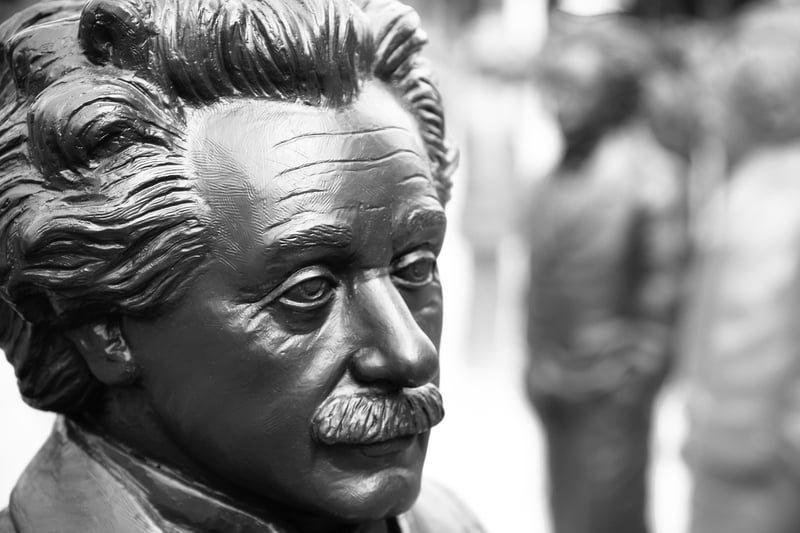Ethical Quandaries
The Moral Considerations of Time Travel and Ethical Quandaries
Time travel has long been a fascinating concept in science fiction, allowing individuals to journey through time and potentially alter the course of history. While the idea of time travel sparks curiosity and wonder, it also raises profound moral and ethical questions that require careful consideration.
Paradoxes and Consequences
One of the primary moral considerations of time travel is the potential for paradoxes. Changing even the smallest detail in the past could have unforeseen and potentially devastating consequences in the present and future. This raises the question of whether individuals have the right to manipulate the past for their own benefit, knowing the possible repercussions.
Intervention vs. Non-Intervention
Another ethical quandary related to time travel is the debate between intervention and non-intervention. Should time travelers actively seek to alter historical events for the greater good, or should they adhere to a policy of non-interference, allowing events to unfold naturally? This dilemma forces individuals to consider their responsibility to the timeline and the potential implications of their actions.
Temporal Ethics and Cultural Sensitivity
Time travelers must also navigate temporal ethics and cultural sensitivity when interacting with individuals from different time periods. The values, norms, and beliefs of the past may differ significantly from those of the present, raising questions about how to respectfully engage with historical figures and civilizations without imposing modern ideals upon them.
Preserving the Integrity of History
Preserving the integrity of history is another crucial ethical consideration in time travel. While the temptation to alter past events for personal gain or to prevent tragedy may be strong, individuals must weigh the potential consequences of changing the course of history against the importance of preserving the authenticity of the past.
Conclusion
Time travel offers a captivating glimpse into the possibilities of the past, present, and future, but it also presents complex moral and ethical dilemmas that require thoughtful reflection. By considering the potential paradoxes, responsibilities, and consequences of time travel, individuals can better understand the implications of altering the course of history and make informed decisions about the ethical use of this extraordinary ability.

References:
